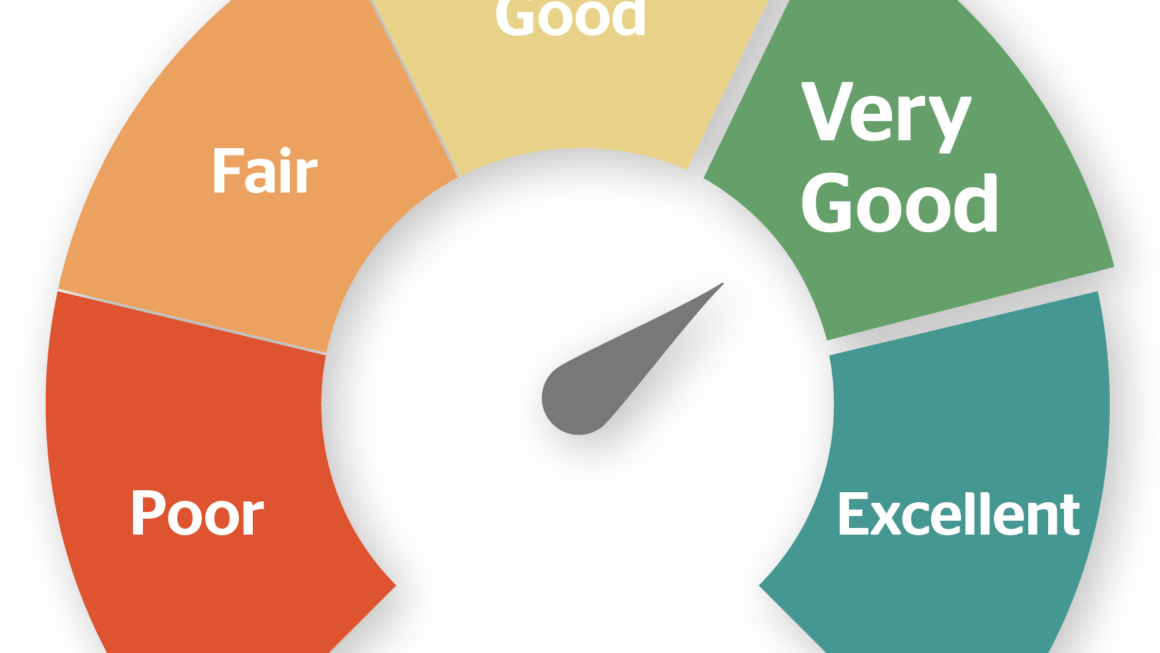Financial planning is a multi-step, dynamic process. It is frequently simple to become overwhelmed while attempting to organize your finances without professional assistance. Managing your financial future becomes more crucial as your financial goals change over time. You may simply prepare for your short- and long-term goals with the aid of a Certified Financial Planner, or CFP.
What does a CFP do?
A certified financial planner is often someone who has extensive financial planning expertise and who has completed the demanding CFP Certification Exam. It’s best to confirm if someone has passed their exam and is a certified CFP because anyone may call oneself a “financial planner.”
When ought one to speak with a CFP?
Contacting a CFP can help you keep on track with your financial objectives as your life changes. You should speak with your certified financial planner whether you have experienced a change in your marital status, had a new baby, started a new job, or are just making plans for upcoming milestones.
What are a certified financial planner’s main responsibilities?
A wide range of your demands can be met by financial planners. Some of the various things they do are listed below.
- A thorough analysis of many financial markets
- Keeping the client informed about new and existing financial services and products
- recommending purchases of the most profitable goods
- realizing that the objectives and demands of various clients vary. making the best plans specifically for them
- Interacting with clients frequently to show transparency and foster a long-lasting relationship
- supplying the most straightforward and secure methods of asset protection and management
- Careful portfolio management
- Creating long-term plans and strategies
Planning your finances in six steps:
The Consumer Guide to Financial Planning published by the CFP Board lists six steps in the financial planning process.
Plan with your CFP
Your initial consultation with your CFP will be a brief one to set roles and duties as well as the type and pricing of services.
Set objectives.
After the initial meeting, you should follow up with them to talk through your goals, present financial condition, and managing financial risk. Any significant financial statements should be brought to this meeting.
You receive expert advice.
Even if you are the best person to make money management decisions, it may be a good idea to contact with financial experts. These professionals are well qualified and have received several forms of training. Because they have years of expertise, they can also provide you better guidance on where to invest at a certain moment. This is due to the fact that they have experience dealing with a wide range of financial challenges and are knowledgeable about what works and what doesn’t based on each individual’s specific requirements and goals.
Strategy and analysis.
Your CFP will now assess your financial condition and start developing a strategy to help you achieve your goals within the allotted period. Analyzing your household’s financial flow, tax condition, insurance requirements, assets, and liabilities can be part of this.
Recommendations are offered by CFP.
Actionable recommendations for achieving your financial goals will be generated from the CFP review of your financial status. Your CFP should solicit your feedback, explain why each suggestion would advance your objectives, and make any necessary changes in response. If the plan does not meet your wants and goals, you are not bound to take their advice; instead, you are free to make suggestions or revisions that better meet your objectives.
Execute your plan.
You can start taking concrete actions after you have a plan that works for you and will help you achieve your goals. Any recommendations will be assisted in implementation by your CFP.
You can gain insight from their perspective and experience.
In addition to their years of experience, financial advisors also have distinct viewpoints. They examine your financial choices over the long term, which is essential for successful investing. They also aid in balancing your choices and preventing emotional reactions from influencing your investment performance.
Your investments are periodically examined.
One cannot overstate the value of analyzing your investments. Only by monitoring the performance of your investments can you determine whether they are in line with your objectives. Your investments are tracked by an impartial financial counselor, who also gives you frequent updates. Additionally, depending on their analysis of the market, they will be better able to advise you on whether to keep your money invested or withdraw it.
You can put an end to your tax worries.
The fundamental reason for having investments and assets might be defeated by high taxes on them. A competent financial counselor is aware of this and sets up your finances to minimize your tax burden. Low return means high taxes. Because of the corresponding taxes, even investments that initially seem good can end up being a mistake. Here, an impartial financial advisor saves the day. They will not only assist you in lowering your taxable income but also guarantee that you are current on all changes and additions to the tax code.
For the management of your funds, you may rely on them.
You already have a lot on your plate in this fast-moving world. It’s conceivable that despite your best efforts, you find it challenging to find time in your hectic schedule to manage your funds. You can relax about your finances if you have a financial expert on your side. These experts make sure that your money is used wisely by applying their skills and knowledge.
Financial advisors may make your money work for you while you’re working. They handle a variety of financial obligations and issues on your behalf and identify the best strategies for wealth accumulation. Remember that you have complete control over your financial status at all times while working with a CFP and putting a financial plan into action.
To Summarise
To make money, you must work hard. You should make the greatest possible use of it. With their training, expertise, and years of market exposure, independent financial advisors can simplify the work. Finally, take into account these advantages of working with a CFP to manage your money.



